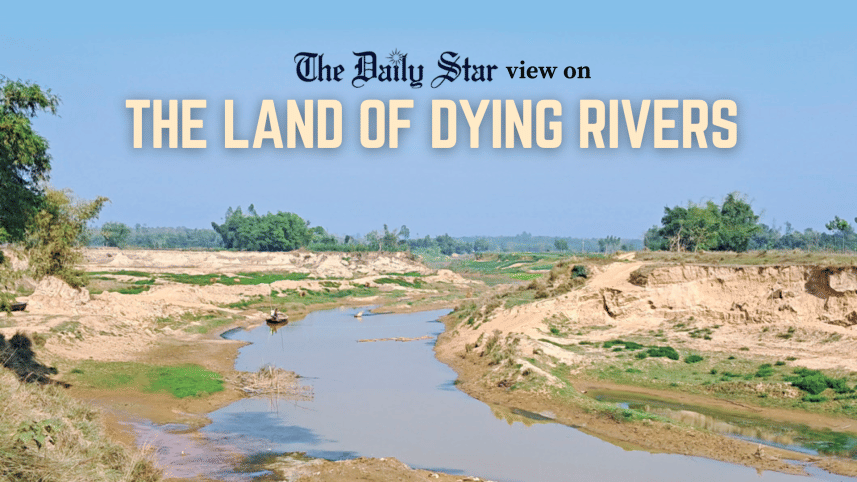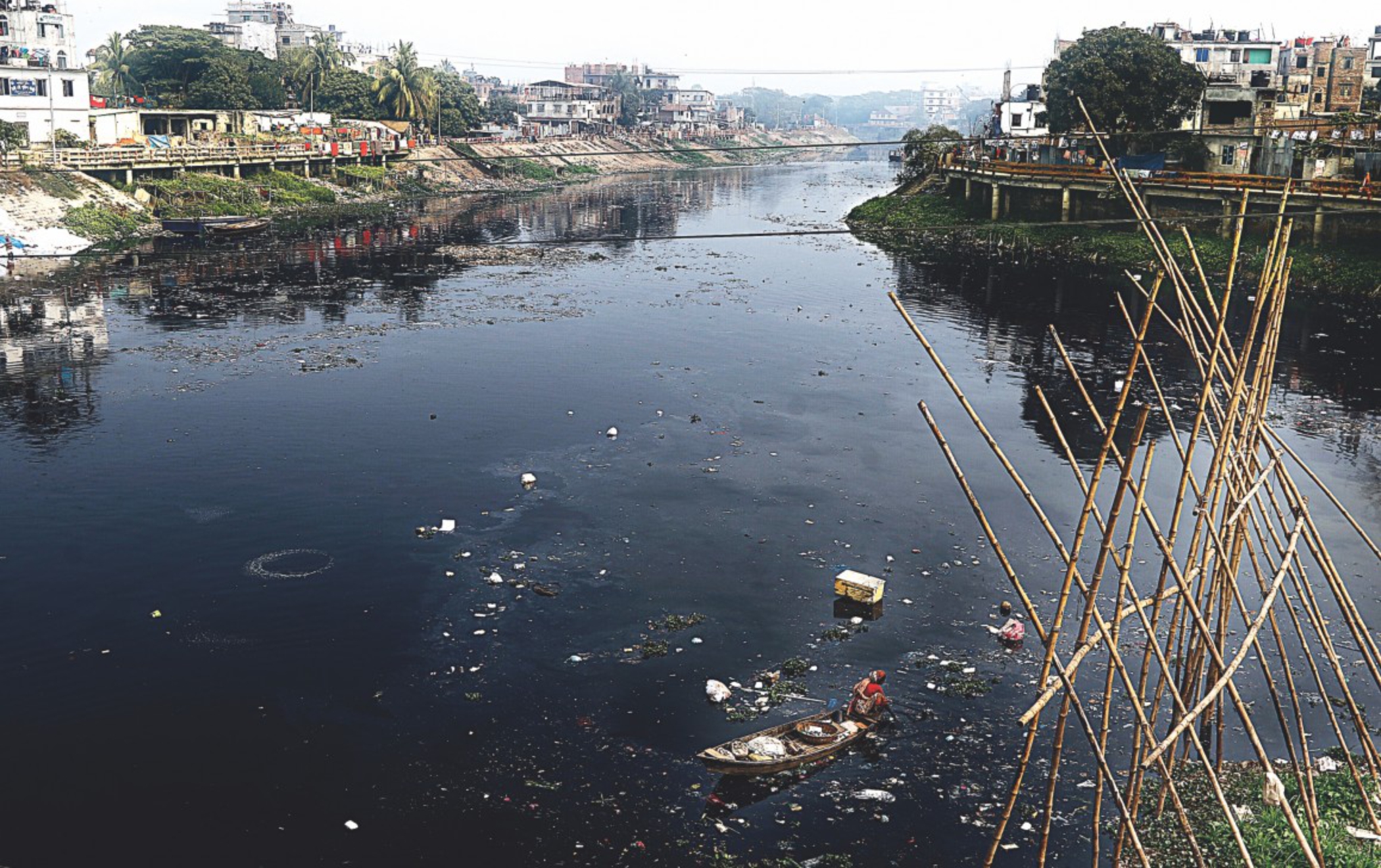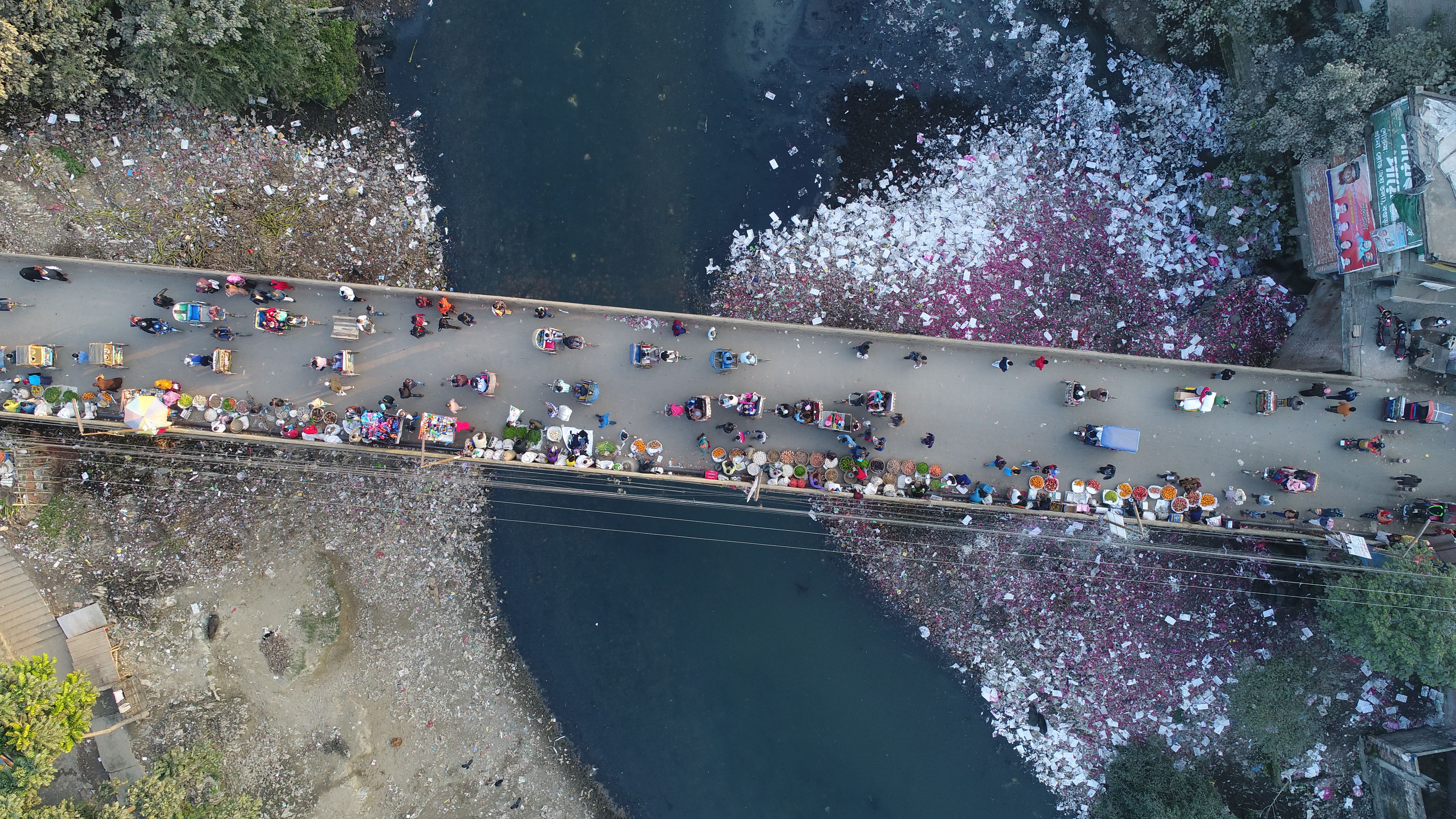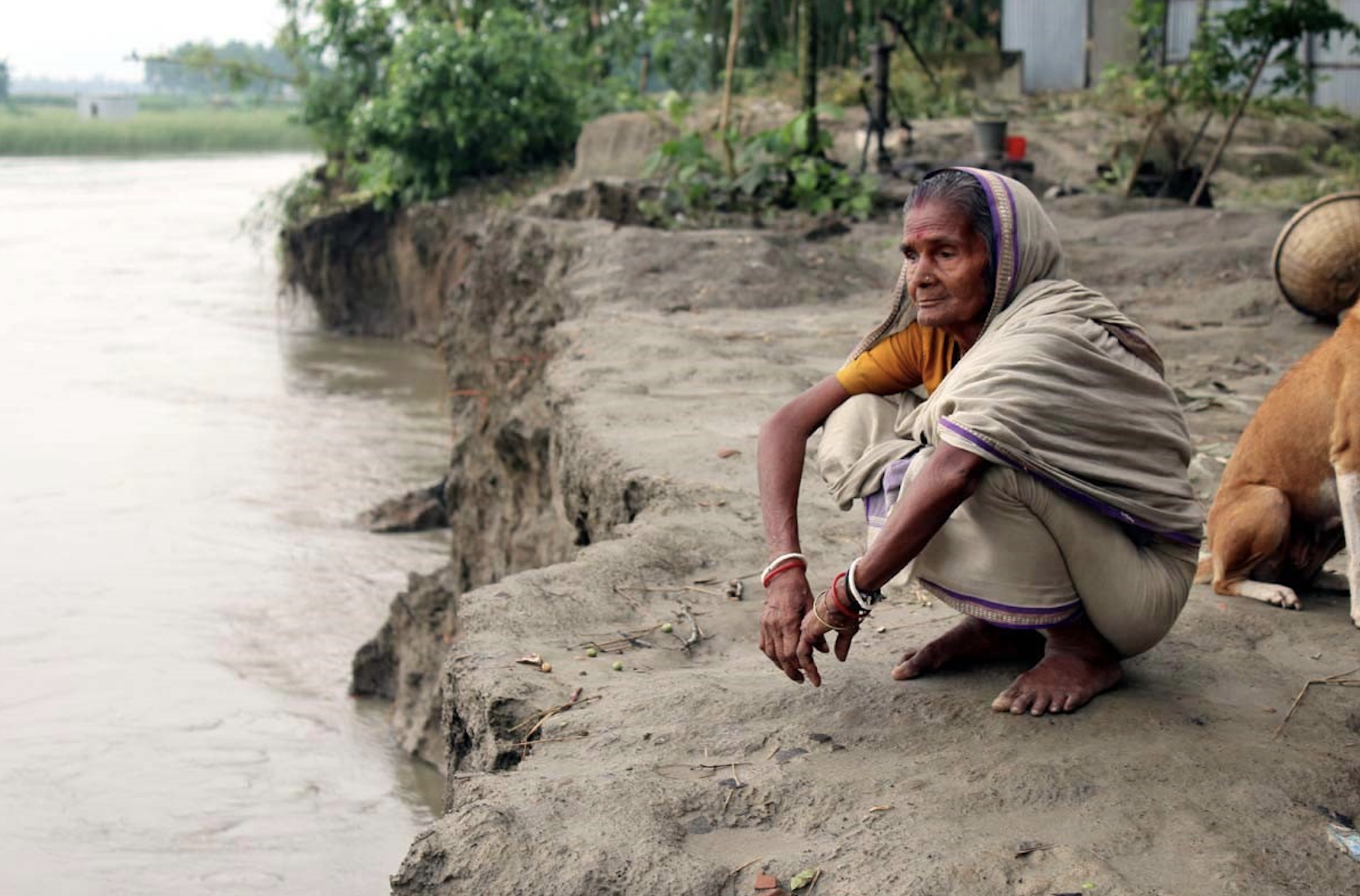Will rivers exist only in nostalgia?

Time and again, we have seen how our rivers, the lifelines of this country, are losing their life due to greed and negligence. From rampant encroachment to indiscriminate sand lifting, many of these water bodies are clinging to their last breath, while authorities are seemingly unconcerned about the dire consequences of a riverless Bangladesh. So unconcerned, in fact, that they too are involved in killing many of our rivers. In a quite helpless manner, we have no option but to hope that the government finally takes this crisis seriously, because only it can stop this devastation.
Recent reports of this daily have illustrated just how grim the situation is. For instance, the Halda riverbank in Chattogram's Fatikchhari has lost all semblance of greenery over the last six years, due to unchecked, illegal soil extraction. The level of "unchecked" is apparent by the fact that influential soil lifters have actually constructed a bridge to transport the soil on trucks, while authorities turned a blind eye.
Meanwhile, Louhajang river in Tangail—once a boon for trade, agriculture and navigation—is struggling to exist, due to unabated encroachment and pollution. Its woes started when the Water Development Board constructed a sluice gate in 1992, disrupting navigability. Unplanned garbage dumping amid a lack of local waste management and establishment of factories and textile mills on its bed are further pushing the river to its demise. Mayur and Sonai rivers in Khulna and Sylhet, respectively, are reeling from a similar fate brought on by dam construction, encroachment and pollution.
When the scenario is so clear, and the issues so apparent, it's baffling to see the authorities ignoring the condition of our rivers for as long as we can remember. Whenever news of a particular dying river is brought up, they either claim ignorance or promise to "look into the matter." How could the authorities be unaware when government agencies themselves often contribute to this crisis? Or is the level of monitoring so abysmal? All this just points to a severe lack of will. All the government needs to do now is wake up, realise the horrific ramifications of dying water bodies, and do everything in its power to keep our rivers alive.



 For all latest news, follow The Daily Star's Google News channel.
For all latest news, follow The Daily Star's Google News channel. 


Comments